At Main Street Pools, we understand that a successful pool season starts with proper water chemistry. Ensuring your pool water is balanced and safe is essential for both enjoyment and longevity of your pool. Balancing your pool chemicals is crucial for ensuring swimmer safety, protecting pool equipment, maintaining clear water, and enhancing the overall swimming experience for you and your family. Proper chemical balance prevents skin and eye irritation, bacterial growth, corrosion, and scaling in your pool. It also ensures cost-effective maintenance and compliance with health regulations.
Before diving into water chemistry, make sure your pool is clean and free of debris. Remove the cover, skim off leaves and debris, and vacuum the pool floor. Clean the pool walls and floor to remove any algae or dirt that accumulated during the off-season. This sets the stage for accurate water chemistry adjustments.
Testing your pool water is the crucial first step in balancing its chemistry. Use a high-quality pool test kit or bring a water sample to Main Street Pools for professional analysis, we offer FREE water testing at our store during business hours. Our professionals conduct regular water testing and provide necessary adjustments to ensure balanced pH levels, proper sanitizer levels, and overall water clarity.
Here's your comprehensive guide to pool opening water chemistry:
- pH Level: Ideal range is 7.2-7.6. This ensures the water is neither too acidic nor too alkaline, which can affect chlorine effectiveness and swimmer comfort.
- Total Alkalinity (TA): Ideal range is 80-120 ppm. TA helps stabilize pH levels.
- Calcium Hardness: Ideal range is 200-400 ppm. Proper levels prevent corrosion and scaling.
- Chlorine Level: Ideal range is 1-3 ppm. Chlorine keeps the water sanitized and free of harmful bacteria.
- Cyanuric Acid (CYA): Ideal range is 30-50 ppm. CYA protects chlorine from being broken down by the sun.
Balance the pH and Alkalinity
Start by adjusting the total alkalinity, as it acts as a buffer for pH stability. Use sodium bicarbonate to increase alkalinity and muriatic acid or sodium bisulfate to decrease it. Once TA is balanced, adjust the pH level using pH increaser (sodium carbonate) or pH decreaser (sodium bisulfate).
Adjust Calcium Hardness
Calcium hardness is crucial for preventing scale formation and corrosion. If the calcium hardness is too low, add calcium chloride. If it’s too high, you may need to partially drain and refill your pool with fresh water to lower the calcium concentration.
Sanitize with Chlorine
Shock your pool with a high dose of chlorine to kill any lingering bacteria or algae. This is often called "shocking" the pool. After shocking, maintain a consistent chlorine level by using chlorine tablets, liquid chlorine, or a salt chlorinator if you have a saltwater pool.
Add Cyanuric Acid
Cyanuric acid helps stabilize chlorine and protect it from being degraded by UV rays. If your CYA levels are low, add a stabilizer according to the manufacturer’s instructions. Be cautious not to exceed the ideal range, as high CYA levels can reduce chlorine effectiveness.
Once your pool water is balanced and ready for swimming, maintain it with regular testing and adjustments. Weekly tests and adjustments make sure that your pool remains a safe and enjoyable place all season long. Keep your pool clean by skimming, vacuuming, and brushing the pool walls and floor regularly.
If pool chemistry seems daunting or if you encounter persistent issues, don’t hesitate to seek professional help. Main Street Pools offers expert water testing and personalized advice to keep your pool in top condition. Opening your pool with balanced water chemistry sets the stage for a fun and hassle-free swimming season, ensuring that your pool is safe, clean, and ready for enjoyment. At Main Street Pools, we’re here to assist you with all your pool care needs. Dive into summer with confidence, knowing your pool is in perfect balance!
For more tips and expert advice, visit mainstreetpools.com or contact us directly. Happy swimming!
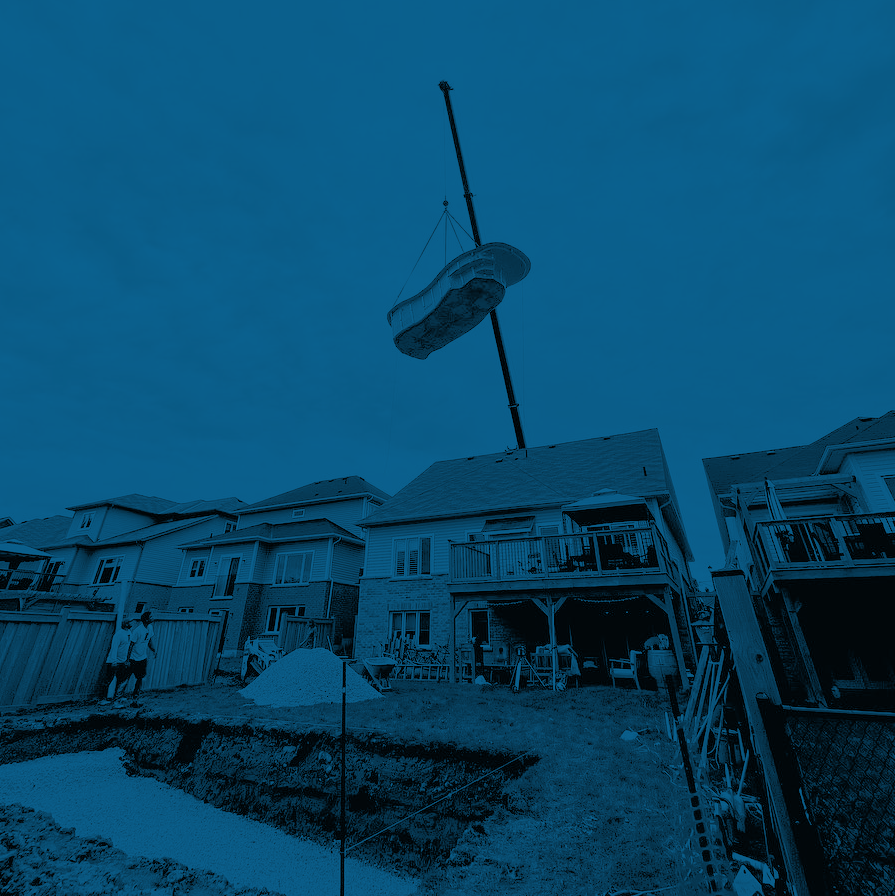



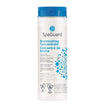
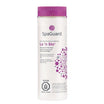
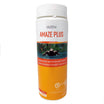


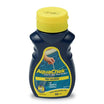


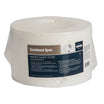

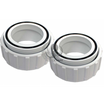



Leave a comment
All comments are moderated before being published.
This site is protected by hCaptcha and the hCaptcha Privacy Policy and Terms of Service apply.